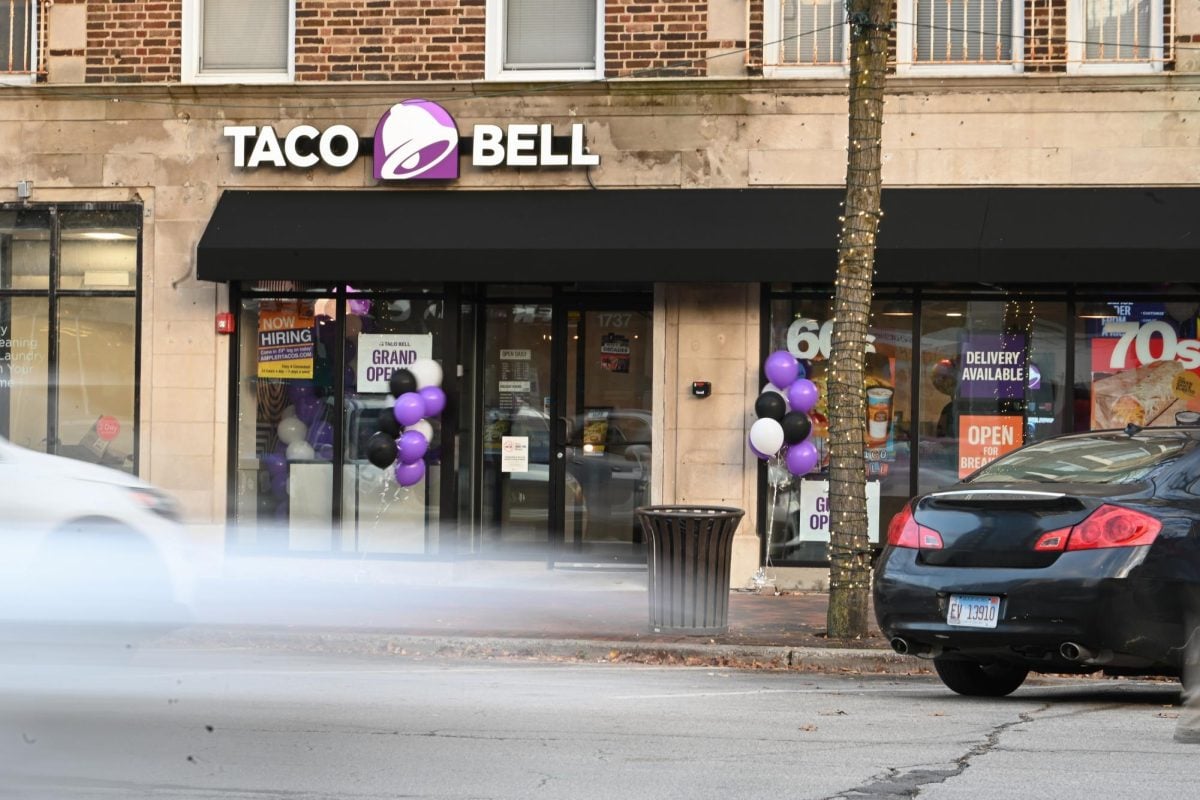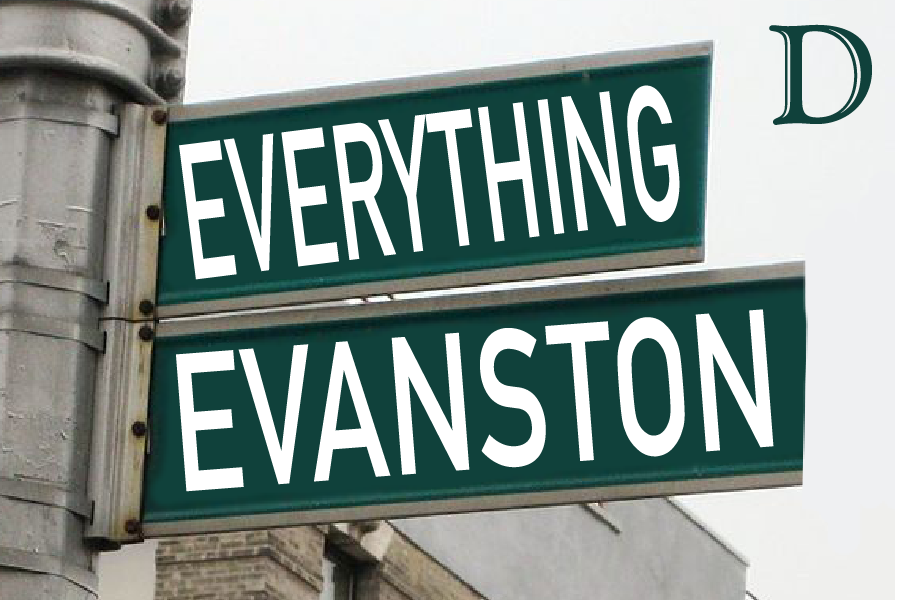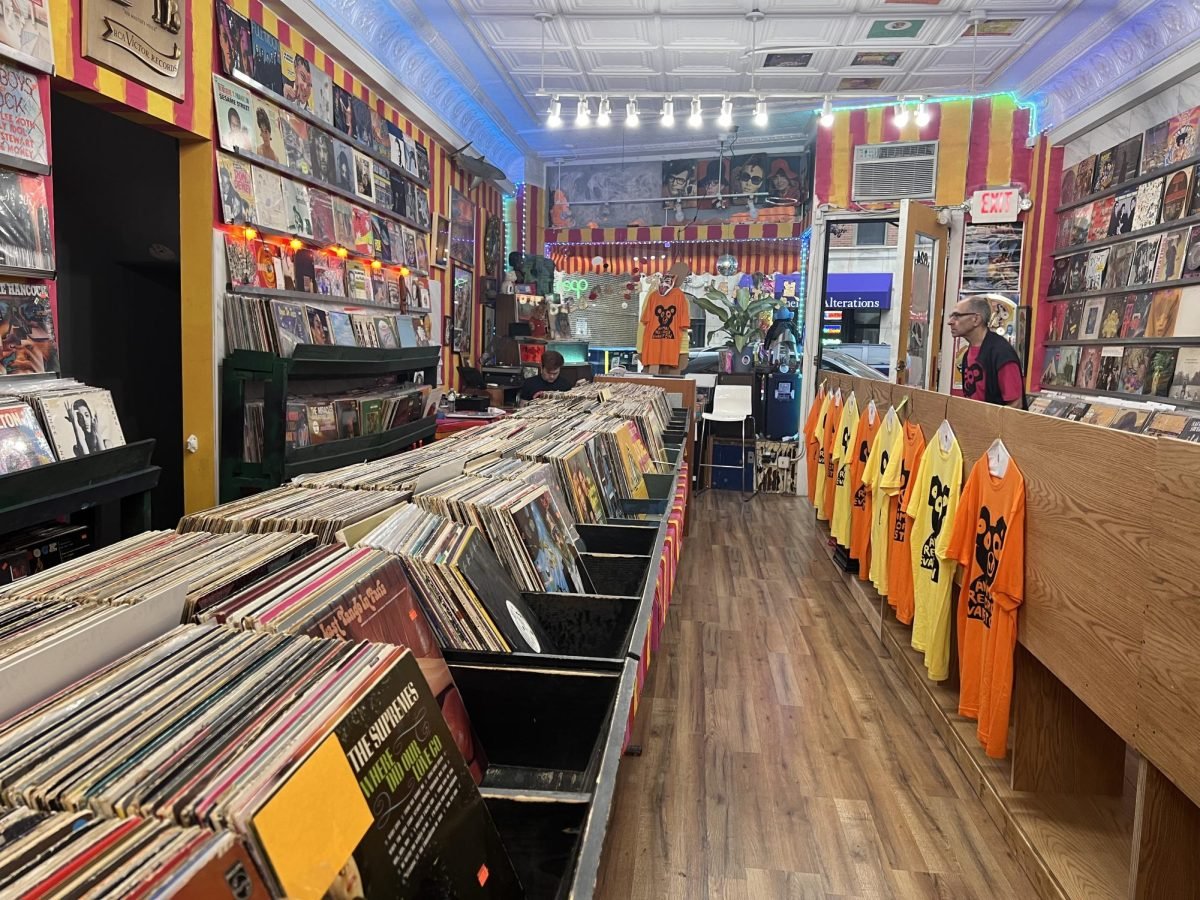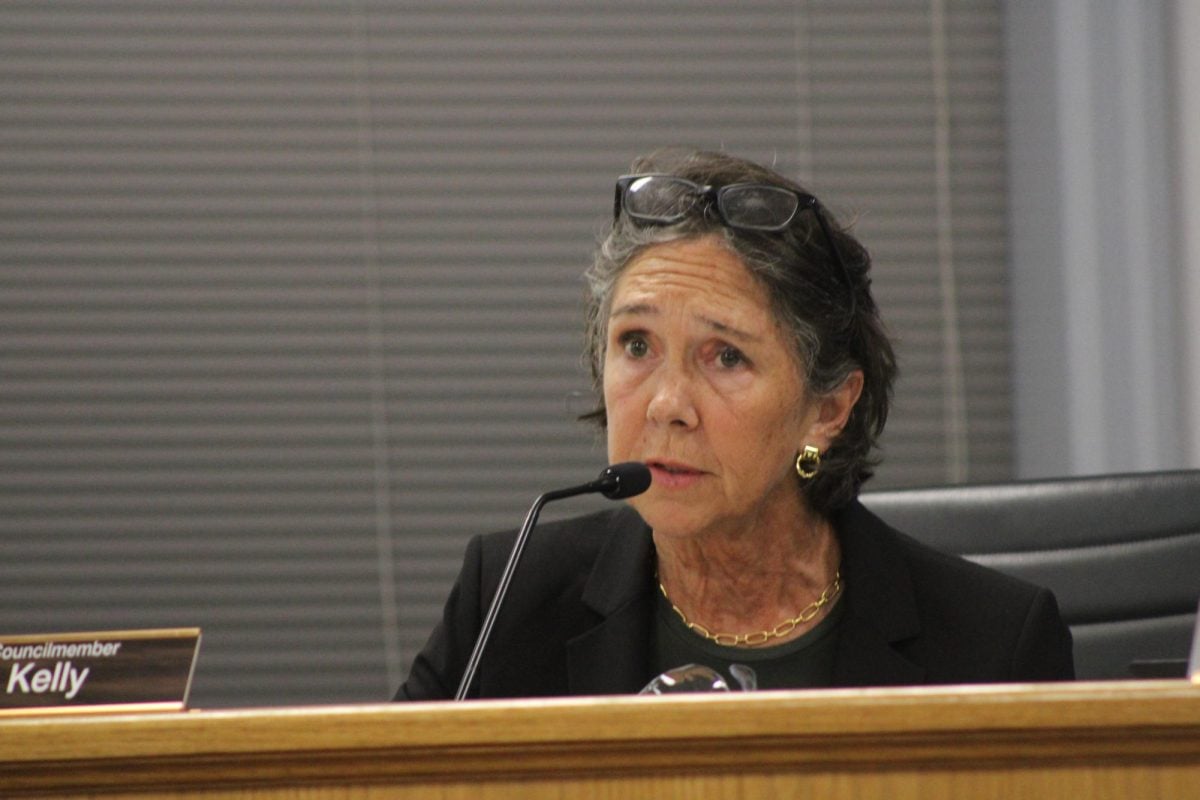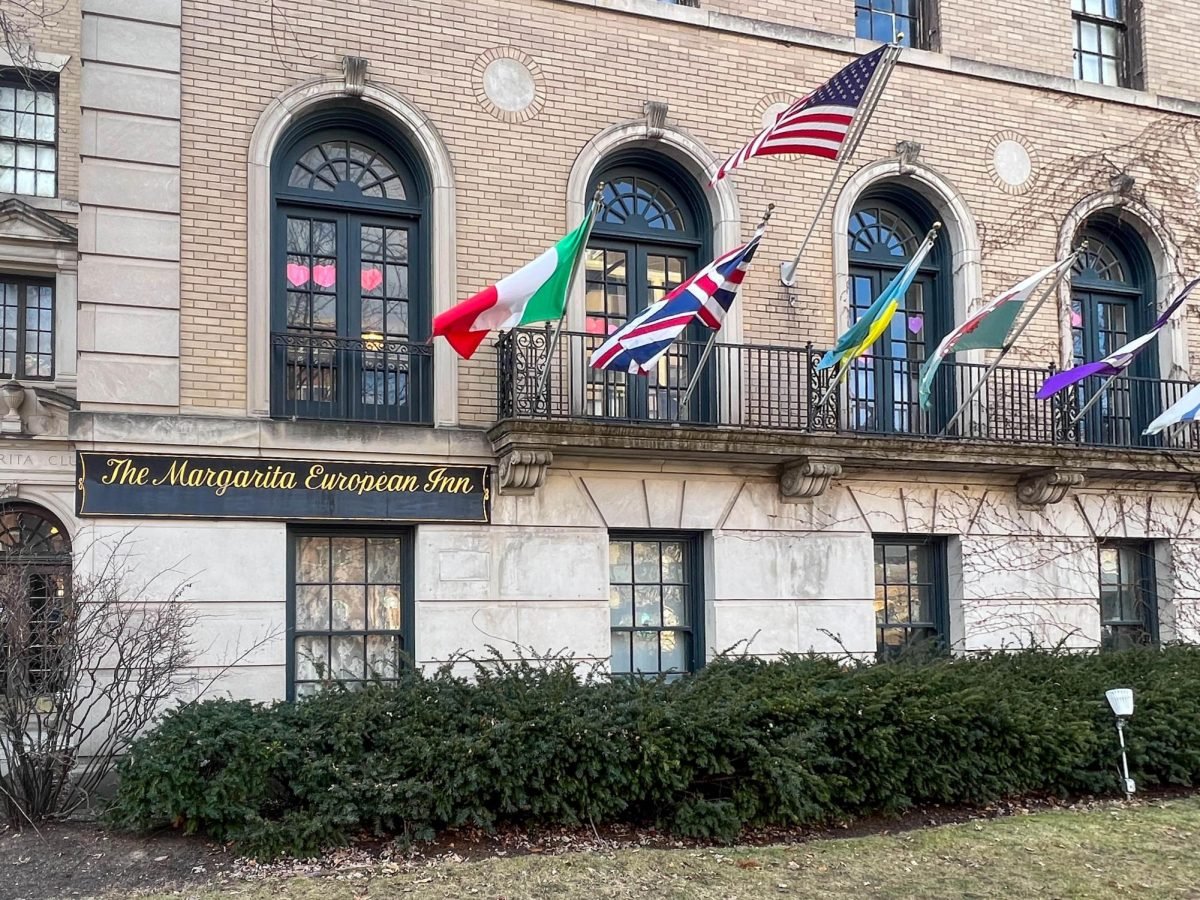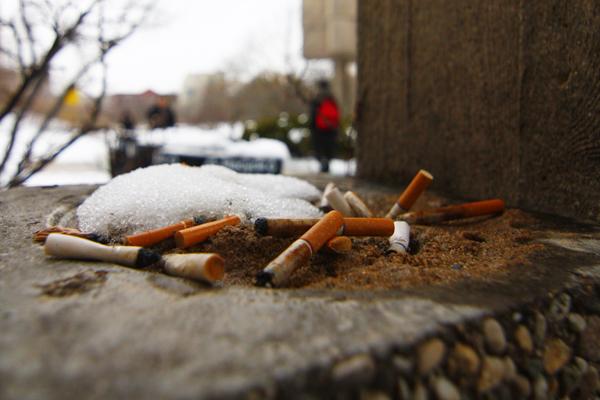
A new cigarette tax that went into effect Friday added a permanent $1 tax per pack of cigarettes sold in Cook County.
The tax is expected to garner $25.6 million in the 2013 fiscal year, all of which will go to the Cook County Health and Hospitals System. The tax, created to combat smoking and tobacco use in Cook County, passed as part of the county’s 2013 budget with a majority of the vote, and was supported by Board President Toni Preckwinkle, said spokesperson Owen Kilmer.
“The president believes that the cigarette tax is a proven public policy tool that will bring in needed revenue, promote lower smoking rates and prevent people from taking up the habit in the first place,” Kilmer said, adding that Cook County has the third largest public health care system in the country, and a decrease in smoking rate will result in a decrease in respiratory illnesses.
Anti-tobacco activists say Cook County has a slightly higher rate of tobacco use than the national average, which stands at 20 percent. Joel Africk, president and CEO of the Respiratory Health Association of Metropolitan Chicago, added that Chicago has a significant presence of vulnerable populations, such as veterans and military personnel and those of lower socio-economic status, who smoke at a higher rate.
The tax is expected to target young smokers especially, Africk said, citing research that found young smokers to be very price sensitive.
“Studies have shown that with each ten percent increase in price, the youth smoking rate will drop by about 5 percent,” he said. Younger smokers are more susceptible to taxes because their habits are less entrenched, Africk explained, adding that price increases also affect adult smokers, but in a less dramatic way.
The Campaign for Tobacco-Free Kids estimated that the tax will save 10,300 Cook County residents from premature, smoking-caused death, and that it will result in a 7.2 percent decrease in youth smoking, saving about 18,400 children.
Studies have also shown that most smokers start at a young age. Amy Poore, a spokesperson for the Cook County Department of Public Health, said 80 percent of smokers start before the age of 18.
“We know (the tax) is shown to decrease smoking, especially among the youth,” she said. “The younger they start, the harder it is to quit.”
Africk emphasized the necessity of the tax in terms of its effect on future healthcare costs.
“If we are going to successfully manage the cost of healthcare in the next generation, we really have to do something about the smoking rate now,” he said. “We can’t afford to wait any longer.”


